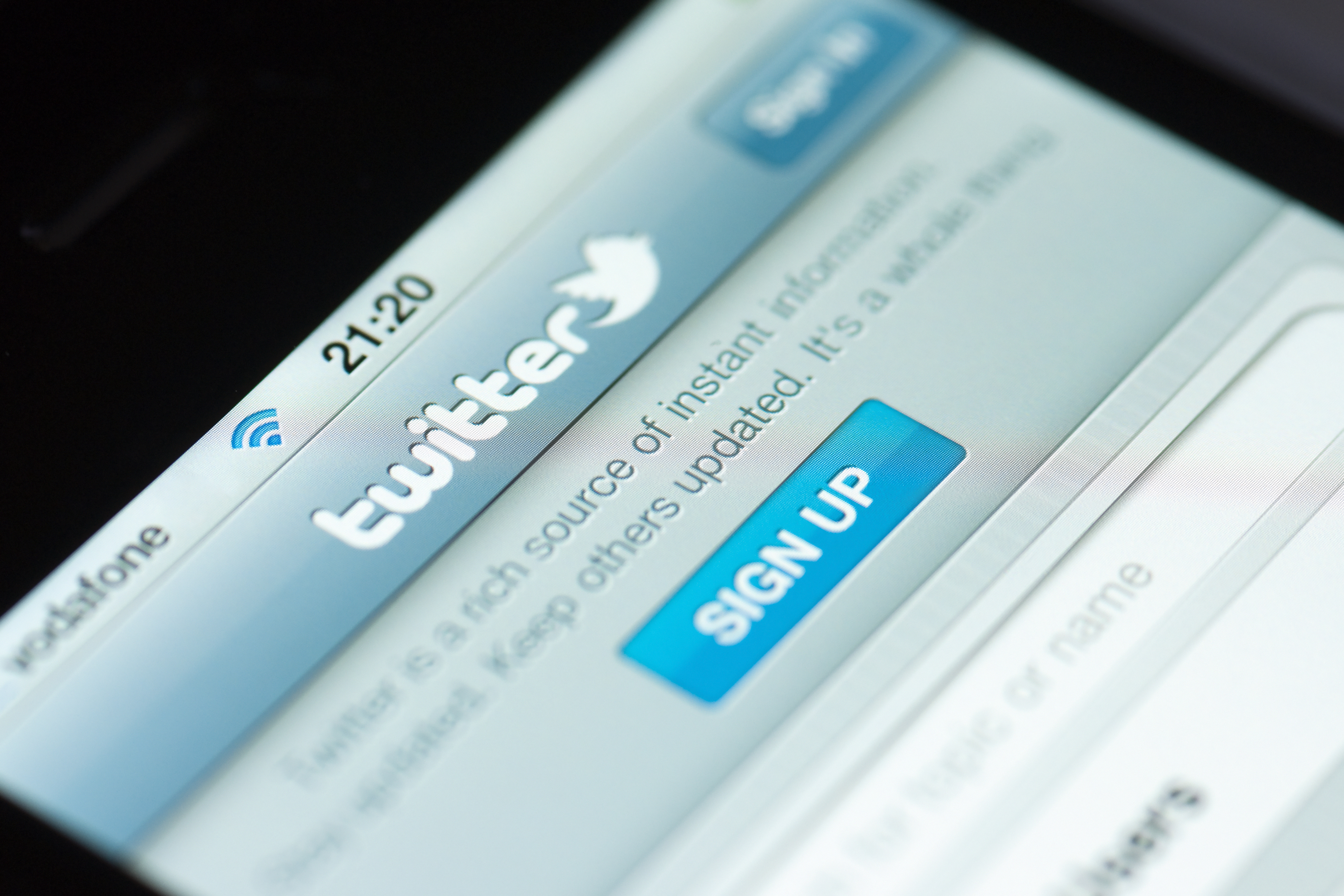
FOUR Scots are among the top 10 Westminster politicians who faced the most hostility on Twitter, new research has found.
Scotland’s only Labour MP in the last parliament, Ian Murray, came third while Scottish Secretary David Mundell was fifth.
The SNP’s Mhairi Black was sixth followed by her party colleague Callum McCaig at number eight.
Conservative Tim Loughton came top of the list for facing hostile Twitter messages, which spiked after he attended the Baftas and criticised director Ken Loach’s speech as “pathetic drivel”.
Labour’s Chi Onwurah was second, dealing with a sharp rise after she tweeted about Prince Philip’s financial security upon retirement, compared to women with reduced pensions.
Researchers at the University of Central Lancashire used machine learning software to analyse all the tweets sent to MPs between December 22 and May 9.
A total of 681,084 single {M0message tweets in English were examined and ranked as either positive, neutral, disagree or hostile.
They found the type of angry messages directed at Scottish MPs tended to differ from their English counterparts, broadly focusing on political issues rather than responding to a specific comment.
Mr Murray and Mr Mundell were found to face recurring bouts of extreme hostility, peaking around the triggering of Article 50 in March.
The study found many hostile tweets aimed at Mr Mundell referenced terms including Brexit, EU, independence, union, Scotland, Scottish, unfair, democracy, and referendum.
Those aimed at Mr Murray often referenced Scotland, Corbyn, Brexit, disaster, destroying and independence.
Conservative George Freeman came fourth after Mr Murray, facing a spike in hostile messages after saying that people with physical disabilities should be prioritised over people with mental health difficulties.
Researcher Amy Binns said: “The hostility aimed at the Scottish MPs appears to be of a different type to hostile tweets experienced by MPs in the rest of the UK.
“It is a more regular feature of their Twitter streams. It comes in recurring waves, though it is linked to events such as the triggering of Article 50. There seems to be more invective aimed at the Conservative Mr Mundell than the Labour MP Mr Murray.
“These are the early results of an ongoing research project, so more analysis is needed, but it seems clear that the spikes experienced by Ms Onwurah, Mr Loughton and Mr Freeman were the result of a specific tweet or quote by them.
“Analysis of social media is a new way of understanding the voter landscape, particularly in the run up to the General Election.
“It can’t be treated as polling due to the skewed demographics of social media, but it allows us to observe the strength of feeling and issues concerning the electorate.”
Labour leader Jeremy Corbyn was the most messaged politician and the study found 10.7% of the 110,378 he received were hostile, compared with 10.3% of the 75,219 tweets targeted at Prime Minister Theresa May.

Enjoy the convenience of having The Sunday Post delivered as a digital ePaper straight to your smartphone, tablet or computer.
Subscribe for only £5.49 a month and enjoy all the benefits of the printed paper as a digital replica.
Subscribe